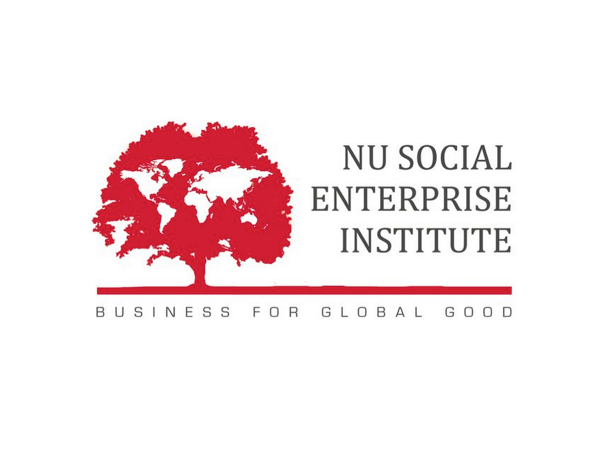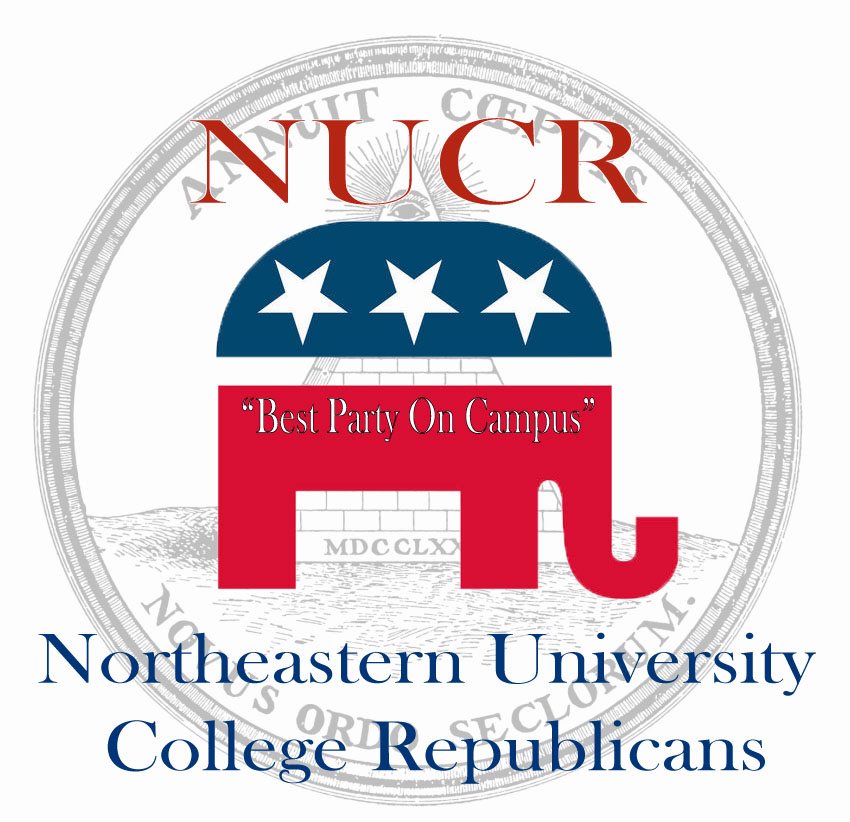The Social Enterprise Institute (SEI) wrapped up the semester with its final Lecture Series event of the year, a panel presentation by three individuals involved in impact investing. The event, titled “Investing for Impact”, incorporated perspectives from many different areas of social finance and explored the breadth of innovation tackling extreme poverty and progressing global development. Speakers highlighted not only the successes seen resulting from their work and unique methods, but also the areas in which they have struggled.
Leading off the panel discussion was Tim Spittle, a recent graduate from the Northeastern’s School of Business and an experienced representative of SEI both on campus and throughout the world. Spittle is a Lending Analyst at Root Capital. He focuses on new lending projection models, evaluating the performance of past lending operations, and informing other departments within Root Capital of performance metrics. Root Capital focuses on the “missing middle”, the agricultural businesses that require more than micro loan capital yet still not enough to secure capital from a commercial bank.
Through this approach, the non-profit social investment fund is able to help individual farmers by dealing with the larger agricultural cooperatives. Spittle explained the importance of helping small farmers reach higher markets in order to get better prices for their products, while retaining a focus on environmental sustainability. Instead of accepting the low prices and the inherent lack of capital access that perpetuate a cycle of poverty for billions of farmers, Root Capital seeks to strengthen the value chain through enhanced relationships all the way from a farmer growing cocoa in Latin America to the cooperative they collaborate with to a buyer in the United States. Root Capital is financed through debt financing and philanthropic capital, a model that provides flexibility by maintaining the philanthropic capital for subsidizing things like overhead expenses.
John Grossman, the evening’s second speaker, is a partner and general counsel for the non-profit organization Third Sector Capital Partners. Prior to joining Third Sector, Grossman spent his most of his professional career working in law and performance management for Massachusetts. Third Sector is a non-profit organization that seeks to facilitate the transition to a performance-driven social sector in America. Innovative and sustainable financing for social services occurs through an organization like Third Sector that creates a web of relationships between government, service providers, investors, and project intermediaries. The various types of services offered by the organization are all related to the larger processes of “pay for success” contracting for services and Social Impact Bonds.
These newer methods of approaching impact-driven programs bring together all the previously mentioned sectors to implement already existing and proven programs that have clearly defined outcomes. In the attempt to alter the existing system, investors provide the initial capital to intermediaries and the government makes payments once the specific outcomes are achieved, hence “Pay For Success”. In a system where a private body rather than the government is responsible for programs’ performance management, there is greater potential for the government to save money on underperforming service programs. Domestic social impact bonds are are gaining lots of attentions, only one program in New York is underway, yet there are a handful in the planning phase for the near future, including in Massachusetts.
The last speaker of the program was Elizabeth Friend, Senior Program Officer at S³IDF-US, an acronym for the American branch of the Small Scale Sustainable Infrastructure Development Fund based locally in Cambridge. S³IDF is a registered 501(c)(3) public charity that seeks to develop solutions for half the human population that lacks access to basic infrastructure tools crucial for poverty alleviation. In introducing necessary infrastructure like power and electricity to reduce extreme poverty, S³IDF works to create and strengthen small-scale enterprises. These local businesses, predominantly in India and Southern Asia, use business methods to best provide things like lighting, drinking water, transportation, hydropower, cooking, and communication technologies.
This business development support and technological know-how is representative of S³IDF’s Social Merchant Bank Approach (SMBA), which revolves around maximizing impact for the poor and the environment. The organization seeks to leverage both philanthropic and development capital to facilitate co-financing pro-poor small enterprise solutions. In order to ultimately change the perception of financial institutions and technology providers regarding how they do business in the future, S³IDF actively encourages institutions to lend to the poor by taking the risk and providing the organization finances to pay if necessary. The organization seeks to expand in India and affect more than the 100,000 they have already helped. Future plans could potentially include replicating the SMBA model in other countries without changing the core non-profit model.
The panel series made it quite clear that impact investing is not going anywhere. Millions of dollars are allocated every year towards strengthening these business and philanthropic models. The goal is to grow social programs through financial incentives and only promote the programs that have demonstrable impact in society. No system is perfect, and less developed social programs will clearly be at a disadvantage, yet it is undeniable that these measures will lead to more confident program investors and participators.



